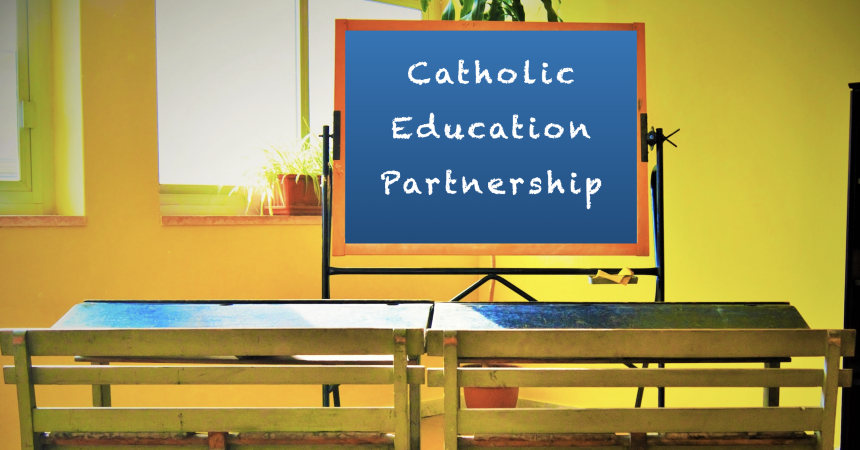
Atheist Ireland meets with Catholic Education Partnership to discuss freedom of belief in schools
Atheist Ireland had a constructive meeting this week with the Catholic Education Partnership, the body that coordinates Catholic education in Ireland. We met in Maynooth with chief executive officer Alan Hynes and chairperson Marie Griffin, and we have arranged a follow-up meeting to further discuss these issues:
- The right to freedom of conscience, religion, and belief.
- The right to not attend religious instruction in the constitution and human rights law.
- The new teaching on world religions being developed by the NCCA for primary level.
- Section 37 of the Employment Equality Act.
With regard to the right to freedom of conscience, religion, and belief, we highlighted that under both the Irish constitution and international human rights law, the right to hold nonreligious philosophical convictions is the same as the right to hold religious beliefs. We should not be described as ‘nones’, as in ‘all faiths and none’, by comparison to people with religious beliefs who are seen as the default position. We also raised the question of how a child could undermine the ethos of a school.
With regard to the right to not attend religious instruction we highlighted that under the Irish constitution and the Education Act the right is to ‘not attend’ religious instruction. This is not the same thing as ‘opting out’ or sitting at the back of the classroom. It is the right to physically leave the classroom. We said that it is no excuse to say that they do not have enough funds to do this, as it is a constitutional condition of the school receiving any funds that it vindicates this right.
We also highlighted that Section 62.7(n) of the Admission to Schools Act 2018 requires each school to include in its admission policy details of the school’s arrangements for students who do not want to attend religious instruction. We said we had published a report of 100 sample school admission policies that evaded this requirement, with Catholic schools typically stating that parents must seek a meeting with the Principal to discuss the arrangements.
We said this defeats the purpose of this section of the Act, which is to provide transparency from the outset so that parents know these details before they choose a school for their children. There must be already a policy in place that the principal would describe in a meeting, and that policy should be written into the admission policy so that parents do not have to meet the principal. Also, schools should not ask parents their reasons for wanting to exercise their constitutional right.
With regard to the new teaching on world religions being developed by the NCCA for primary level, we sought information on how this would compare to how Catholic schools teach other religions currently, including both the curriculum content and how it is delivered in accordance with the school’s religious ethos.
With regard to Section 37 of the Employment Equality Act, which allows schools and training colleges to discriminate on the grounds of religion, we said this discrimination is not proportionate to its purpose of protecting freedom of religion. We said that atheist teachers, teachers with other nonreligious philosophical convictions, and minority faith teachers, should be able to work in State-funded schools without discrimination.
The Catholic Education Partnership outlined their philosophy of Catholic education, their desire to be inclusive of children of families who are not Catholic, and the legal and logistical restrictions they consider themselves to be operating under. They will consult about the points we made with those who make decisions within the Catholic education system, and we will meet them again to discuss the outcome of this.







0 Comments
No comments!
There are no comments yet, but you can be first to comment this article.